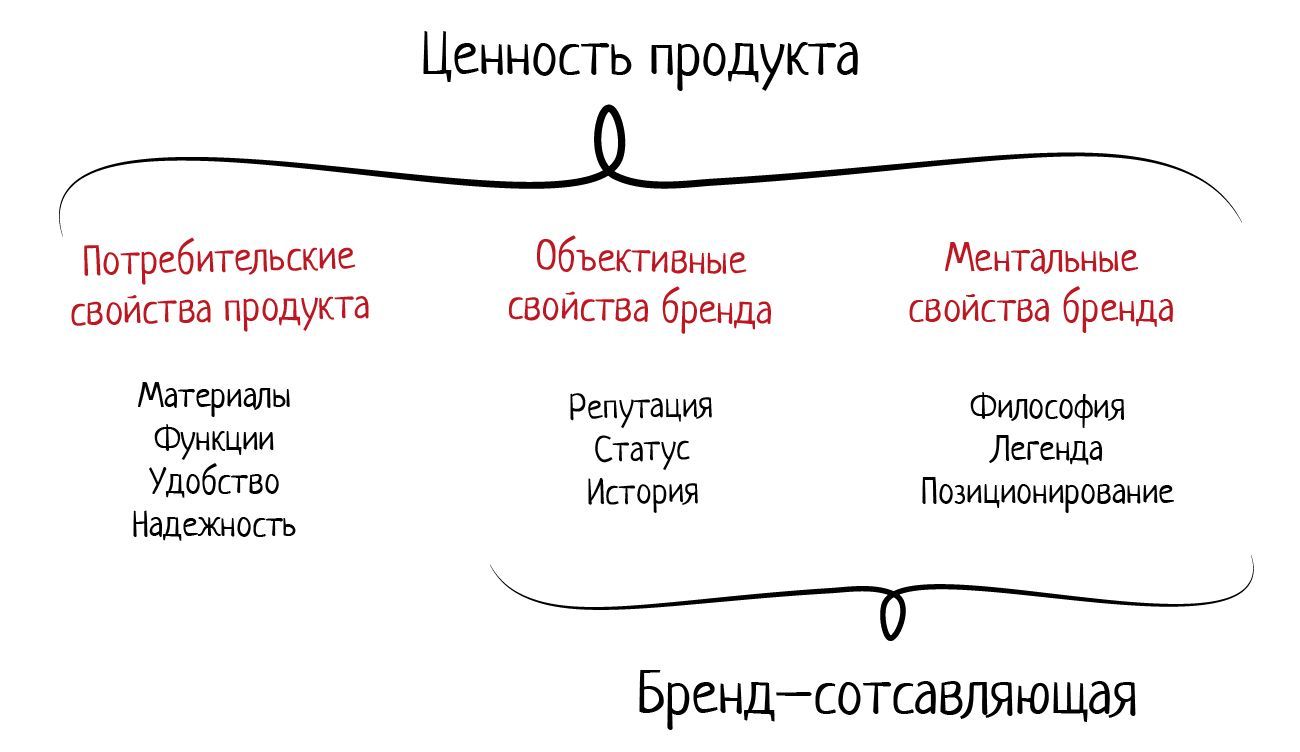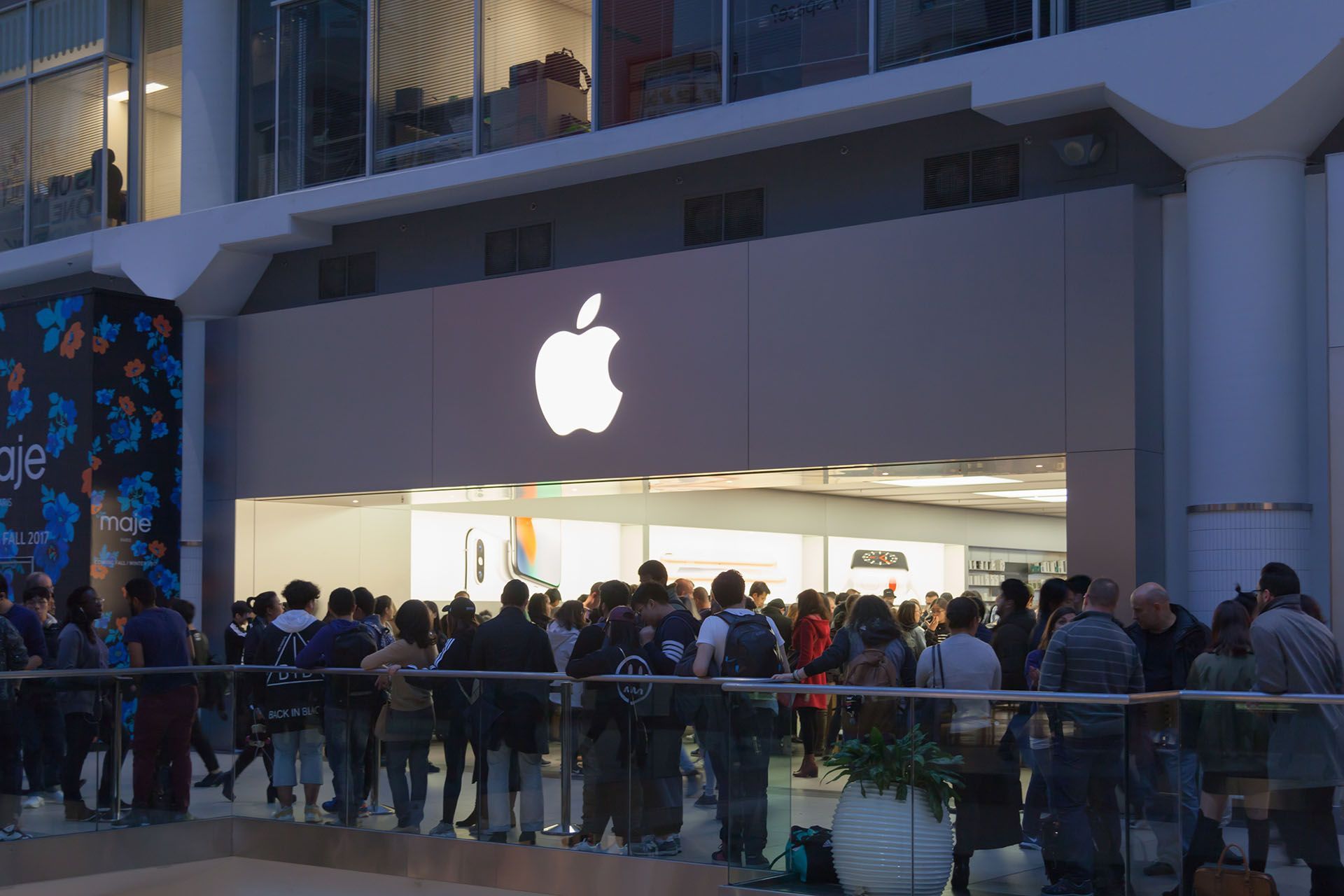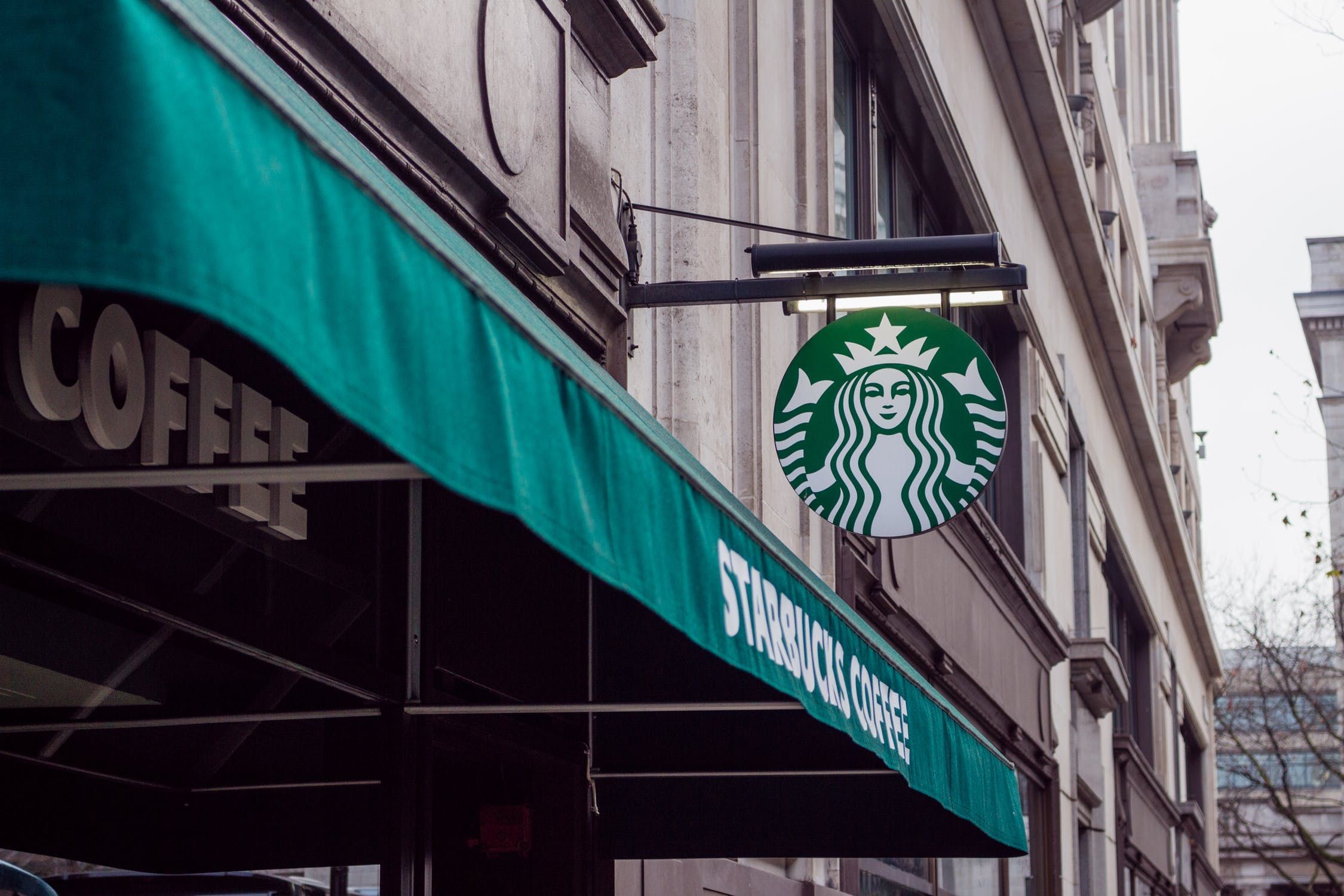The days of noname products are long gone, and we are now surrounded by millions of brands. But why are people willing to go to extreme lengths for some goods while others gather dust on the shelves?
In today's world, practically every product has its own brand. You won't find nameless goods in stores labeled simply as "Metal spoon, price: 20 kopecks." Every spoon now has a manufacturer with a logo, a slogan, and is presented as a model with a thoughtful name and festive packaging. Branding has become essential, even for the simplest items like an aluminum spoon. By creating a brand, manufacturers add value to their products, and consumers are no longer willing to buy nameless goods. To strengthen their brand, marketers develop missions and visions, define target audiences, and even create legends. For example, the French fashion brand Chevignon was named after the fictional character, pilot Charles Chevignon, to give the brand an aura of romance and heroism. It's more appealing to wear a brand created by a war hero than by an ordinary tailor, right? But creating a brand is a complex task. Let's try to understand what a brand is and what makes it strong.
What is a Brand?
There are many definitions of a brand, but they all agree that it is a mental component of a product (or service) formed in the consumer's mind. In simple terms, a brand is the information about a company and its product that creates a cohesive image. It's like candy made from the company's history, reputation, philosophy, and pricing policy, wrapped in the visual imagery of logos, slogans, and advertising campaigns. A strong brand may taste the same as many others, but it feels better to consume, and we don't mind paying extra. Interestingly, the queue for branded sweets is usually longer.
What's the Power, Brother?
How do strong brands differ from weak ones? How does brand strength affect the price and demand for goods, and what is its true power? In modern conditions, the brand component in the price and demand for a product is as important as its actual consumer properties. While the latter are easy to compare and measure, the brand component is more complex. It can be divided into the objective and mental properties of the brand.

Objective Properties of the Brand
These include the company's history, reputation, and status (prestige) – real components that can be compared and measured.
Mental Properties of the Brand
This is where the magic begins. This part of the brand makes us stand in line for iPhones, buy Swarovski jewelry, and Tissot watches. Who is our product for: rebels or creators? What is our company's mission: to make the world a better place or to highlight individuality? For the rich or the poor? Or for everyone? Why should consumers join the brand? We must provide consumers with answers to these questions. The specific secret of each strong brand may be hard to pinpoint, but they all have one thing in common – they attract people. Everyone wants to join very strong brands, regardless of their status and financial situation.
Examples of Strong Brands
Apple
Everyone wants an iPhone and a MacBook. On launch days, crowds of people queue up to overpay for an already expensive phone just to be among the first owners. There are even crazy stories of people selling their own organs for an iPhone. Of course, Apple products are not just hyped brands but truly excellent devices with great characteristics and design. However, most buyers want Apple products not only for these reasons.

Apple provides its owners with a mentality. Apple is for those who want to be at the forefront of technological progress and style. Apple is for successful people. A businessman with Apple products is a successful businessman. A designer with an iMac is a real pro. A girl with an iPhone is a star. These qualities are perfectly emphasized by bright presentations, competent marketing, and real innovations. For example, Apple's new face ID technology not only improved its real characteristics but also reinforced the company's image as one of the most innovative in the market.
Starbucks
Is Starbucks coffee tastier than other coffee shops? No, it's just great coffee. Do they have the best desserts? No, their desserts are about the same quality as those in Costa. But everyone wants to go to Starbucks. People feel comfortable together there. Visit any Starbucks, and you'll see a top manager from a large company and a student from the provinces studying in Moscow.

One day, my colleagues and I were discussing coffee at work, particularly the Starbucks chain, and one employee exclaimed, "Yes, Starbucks is the coolest coffee shop." I asked her, "Which city did you visit Starbucks in?" She replied, "I've never been there; I just like them." Magic, no other way. Probably, even the leaders of the company cannot give a clear answer to their secret. It consists of many details: a good product, proper positioning, a good business model, competent marketing, and staff work. The desire to join the brand, become a part of it, pay for it, and bring new adherents to the sect – these are indicators of brand strength.
Shark in the Desert
Even very strong brands must be extremely cautious when entering new markets, as their strength can be nullified. A brand's power often only works in certain markets. The great white shark is the most dangerous predator in the ocean. But what happens if it tries to expand its territory to the African coast? It will die and become food for hyenas. Even if the shark realizes its mistake, it will struggle to return to the water. The same applies to the market for goods and services. Strong brands must be careful when entering new territories, as their strength can diminish. Would you buy a chainsaw from Apple? I doubt it. And you might view iPhones with suspicion after seeing an Apple-branded lawnmower. A brand's power often only works in certain markets.
A brand is the magical substance that connects your product with your consumers. It requires gentle handling. A flaw in the main product can damage your brand, and repairing its reputation will be challenging. Brand strength results from long and painstaking work, correct decisions, and mistakes. If people want to be part of your brand, become its bearers and advocates, then your brand is undoubtedly strong.

